Question And Answer
Publications
Articles, publications, books, tools and multimedia features from the U.S. Institute of Peace provide the latest news, analysis, research findings, practitioner guides and reports, all related to the conflict zones and issues that are at the center of the Institute’s work to prevent and reduce violent conflict.
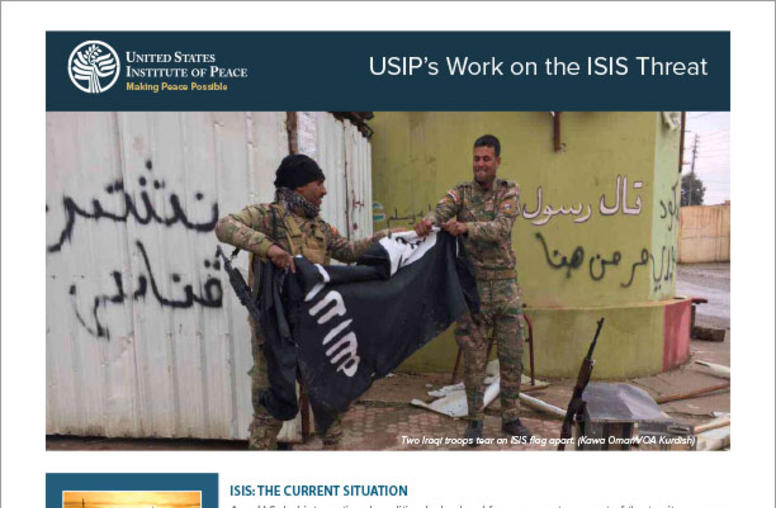
USIP’s Work on the ISIS Threat
The U.S. Institute of Peace has operated on the ground in Iraq since 2003 and in Afghanistan since 2002, as well as in Libya, Nigeria, Syria, Tunisia, and Yemen. As a small, agile institution, USIP works with local leaders and the U.S. government, including the military, to stabilize areas devastated by ISIS, end cycles of revenge, and address the root causes of radicalization, including corrupt and abusive governance.
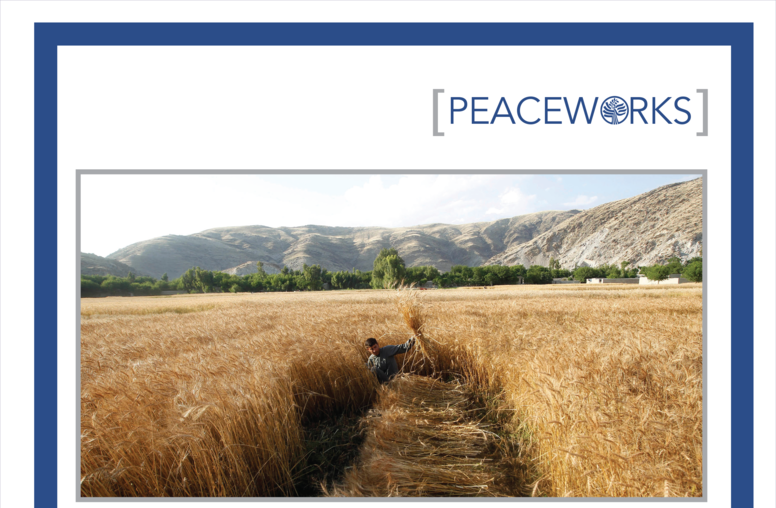
Community-Based Development in Rural Afghanistan
Derived primarily from the author’s field research and experience, this report focuses on community-based programs and interventions in rural Afghanistan. Fundamental assumptions that underlie these interventions, however, are flawed. With an eye to worldwide relevance, the report analyzes these assumptions and suggests ways to better understand the realities of rural Afghan society so that the government in Kabul can more effectively implement programs in rural areas, engage rural participation, deliver needed services to that population, and administer the country more generally.
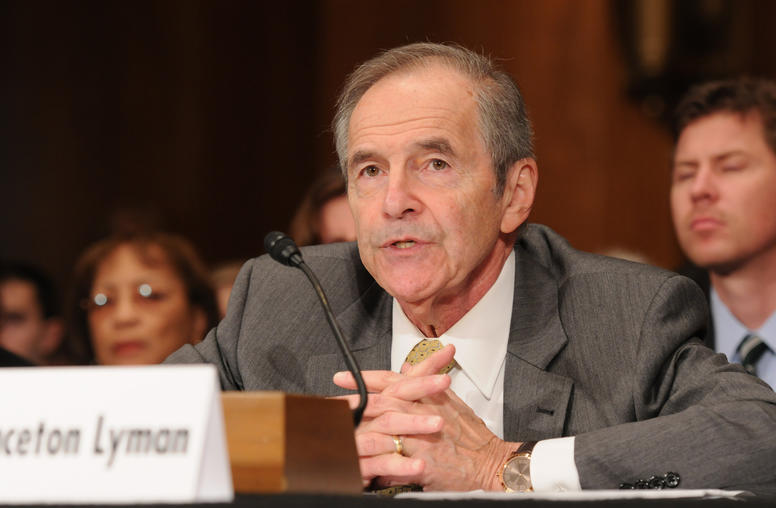
The Questionable Case for Easing Sudan Sanctions
Amb. Princeton N. Lyman testified before the House Foreign Affairs Subcommittee on Africa, Global Health, Global Human Rights & International Organizations
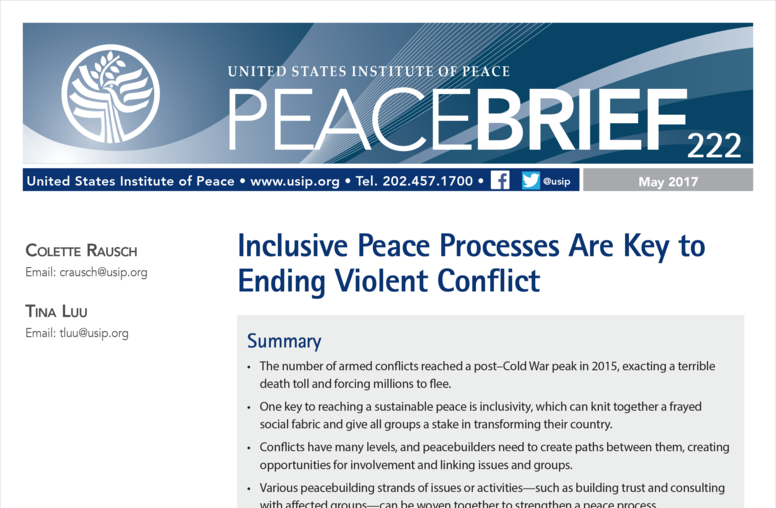
Inclusive Peace Processes Are Key to Ending Violent Conflict
Violent conflict, refugee flows, and internal displacements present international policymakers and practitioners today with unprecedented challenges. Tackling these problems requires not only signed peace agreements but also sustainable peace. It is not enough to bring armed actors to the negotiating table, however. To be effective, the peace process needs to be inclusive and participatory. But what constitutes inclusive participation, and how can peacemakers and peacebuilders achieve it in their own, very different societies? Drawing on discussions in a public forum held in early 2017, this Peace Brief looks at the elements of peacebuilding and explains how critical inclusive participation is to that process.
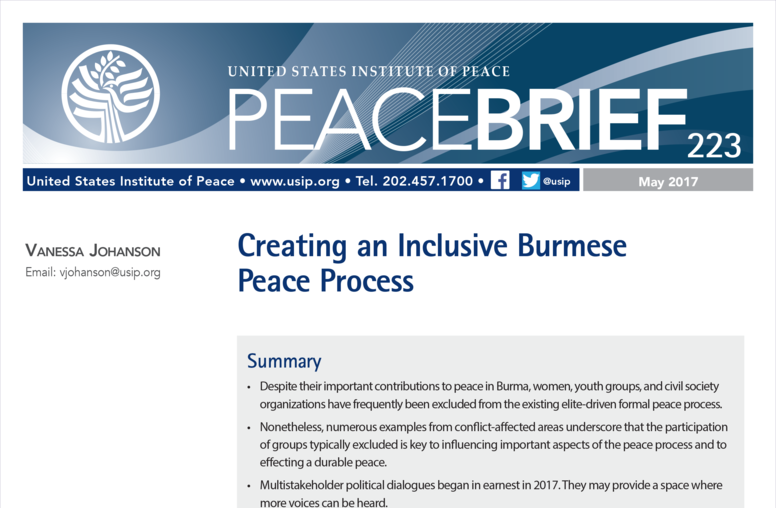
Creating an Inclusive Burmese Peace Process
Burma's peace process reached a milestone with the October 2015 signing of the Nationwide Ceasefire Agreement. The Aung San Suu Kyi government, the most democratic in living memory, has prioritized the peace process; however, many women's and youth groups and other civil society organizations have been marginalized during the negotiations, their voices on important topics silenced in favor of elite input. As a result, a parallel track of activism aimed toward peacebuilding outside the formal structure has developed. The international community should support both tracks while continuing to urge the formal inclusion of marginal groups in the main process.
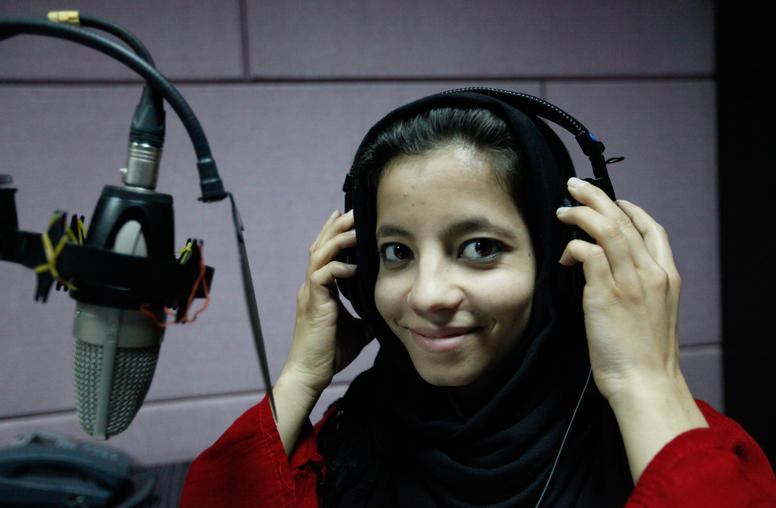
U.S. Democracy Assistance
USIP Board Chair, Stephen J. Hadley, testimony on U.S. democracy assistance before the State, Foreign Operations, and Related Programs Subcommittee of the Committee on Appropriations, of the United States Senate on Tuesday, May 9, 2017.
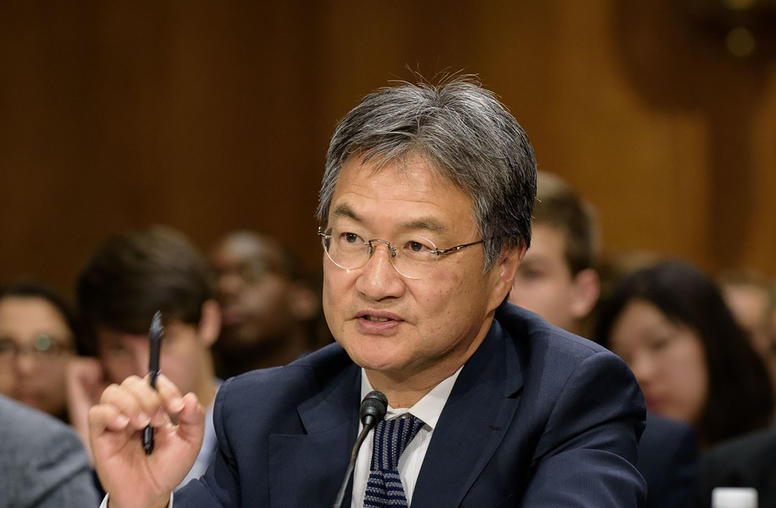
Next Steps on U.S. Policy Toward North Korea
Subcommittee Chairman Gardner, Ranking Member Markey and members of the Subcommittee, thank you for the opportunity to testify this morning on “Next Steps on U.S. Policy Toward North Korea.” I am a Senior Advisor at the United States Institute of Peace, although the views expressed here are my own. USIP was established by Congress over 30 years ago as an independent, national institute to prevent and resolve violent conflicts abroad, in accordance with U.S. national interests and values.

Frank Aum on the North Korea Summit
Just days out from the historic U.S. – North Korea Summit, Frank Aum reflects on pitfalls that previous administrations struggled with, and shares his thoughts about the Trump administration’s approac

Scott Worden on the Cease-Fire in Afghanistan
A temporary cease-fire between the Afghan government and the Taliban to mark the end of Ramadan may offer an opportunity to pursue a more ambitious political solution to end the conflict in Afghanistan, says USIP’s Scott Worden. While there is a chance that the cease-fire—the first since the war began in 2001—will be fleeting, as cease-fires are fragile by nature, it is an important trust-building measure. Combined with Afghanistan’s neighbors recently expressing their desire for an end to the stalemate, the cease-fire could be the first step to a more enduring peace.
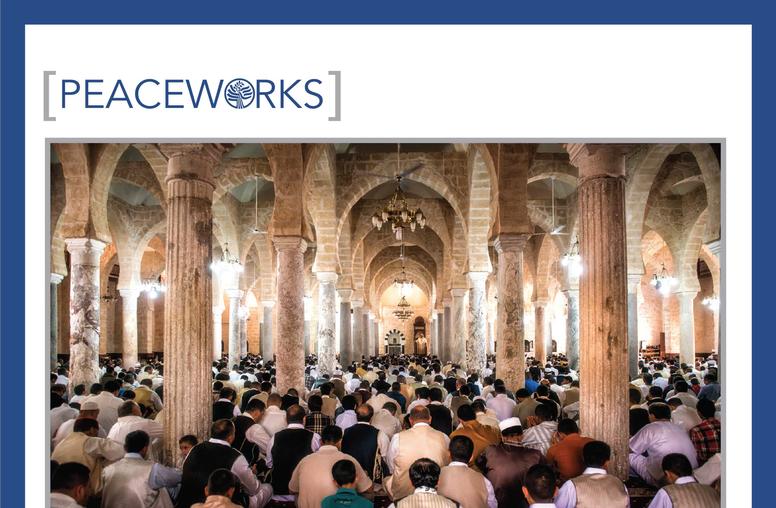
Libya’s Religious Sector and Peacebuilding Efforts (Arabic)
التقرير الماثل هو عصارة استبيانين أُجْرِيا في ليبيا خلال عامي 2014 و2016. والغاية منه سَبْرُ أغوار القطاع الديني في ليبيا ورصد تأثيره في الحكم والمجتمع. وقد استندت عملية استخلاص نتائج هذا التقرير إلى الجهود البحثية التي أجراها فريق من الباحثين المحليين الخبراء بالشأن الليبي. وترسم هذه النتائج خريطة لأهم التوجهات الدينية والمؤسسات الدينية والجهات الدينية الفاعلة في ليبيا، وترصد منظور الليبيين لمساهمة القطاع الديني في بناء السلام وتعزيز العدالة والديمقراطية.